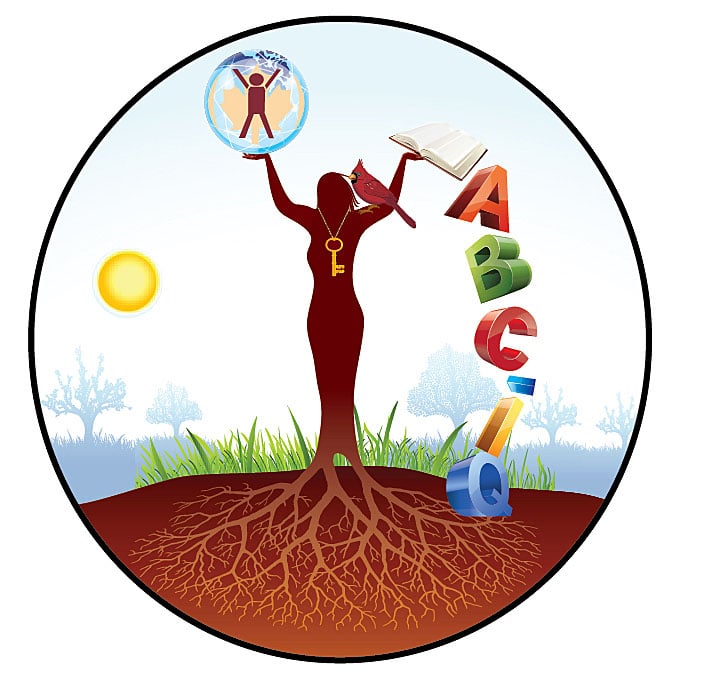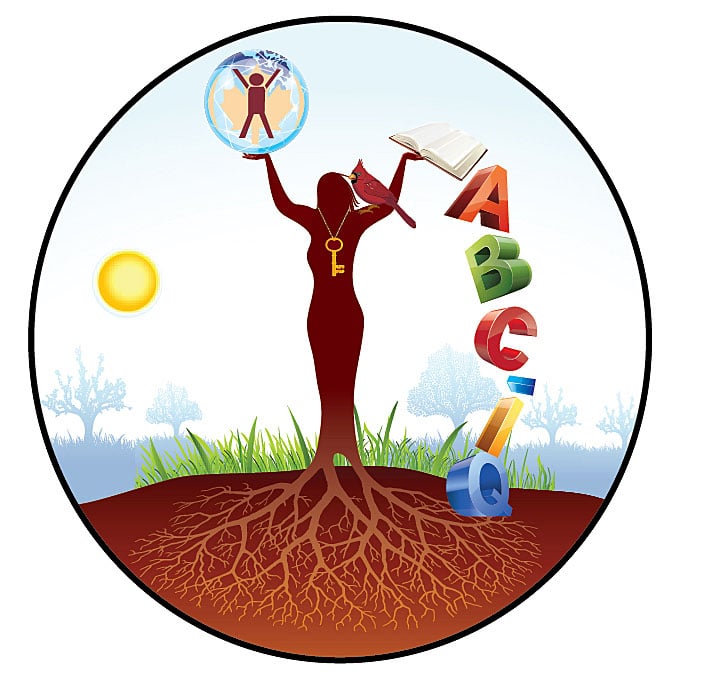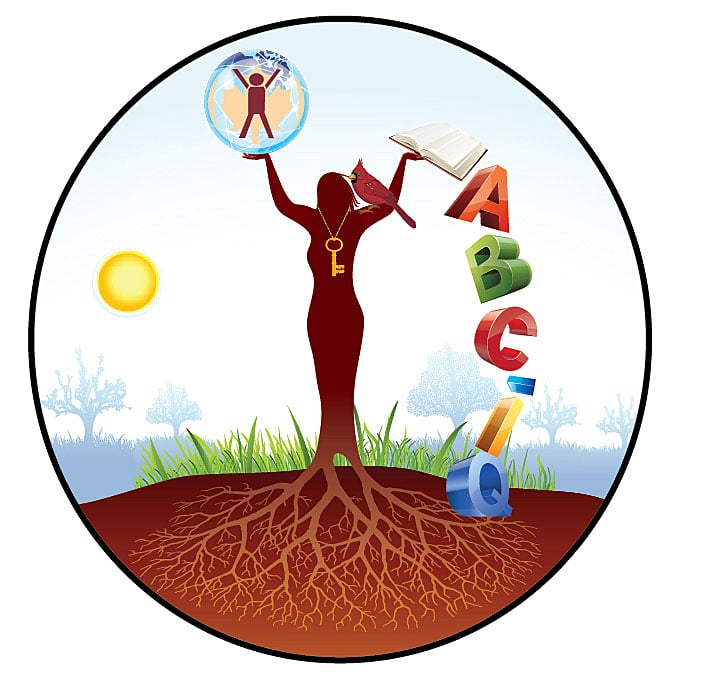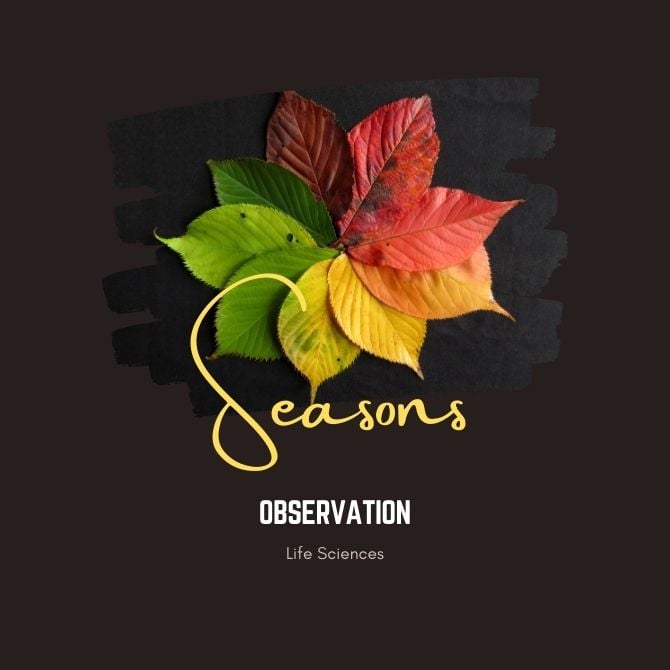
Internet Safety and Misinformation Mitigation Policy
1. General Guidelines
1.1 User Authentication:
Implement robust user authentication mechanisms to ensure accountability for content creators and contributors.
1.2 Content Verification:
Establish processes for verifying the accuracy of information before it is published, with an emphasis on preventing the spread of misinformation.
1.3 User Reporting Mechanism:
Provide users with a simple and effective way to report potentially harmful content or misinformation.
1.4 Moderation Protocols:
Employ content moderation algorithms and human moderators to review and remove content that violates safety and misinformation guidelines.
2. Compliance by Region
Canada:
2.1 Privacy Compliance (PIPEDA):
Adhere to the Personal Information Protection and Electronic Documents Act (PIPEDA) regulations for handling personal information.
2.2 CRTC Guidelines:
Comply with the Canadian Radio-television and Telecommunications Commission (CRTC) guidelines regarding online content.
United States:
2.3 Section 230 Compliance:
Understand and adhere to Section 230 of the Communications Decency Act, which provides immunity for online platforms against certain types of liability.
2.4 FTC Regulations:
Comply with Federal Trade Commission (FTC) regulations, especially those related to advertising and consumer protection.
European Union:
2.5 GDPR Compliance:
Ensure compliance with the General Data Protection Regulation (GDPR) concerning the processing of personal data.
2.6 Digital Services Act (DSA):
Adhere to the provisions of the Digital Services Act aimed at addressing online safety and preventing the spread of illegal content.
3. Global Compliance
3.1 Content Localization:
Customize content moderation policies to align with local cultural sensitivities and legal requirements.
3.2 Global Legal Review:
Regularly review and update legal frameworks to comply with evolving global regulations related to internet safety and content development.
3.3 ABC-IQ Transactions:
Ensure that all transactions, especially those involving Artificial Intelligence, adhere to ethical standards and comply with relevant international laws and guidelines.
3.4 Transparency and Accountability:
Implement transparent practices, and maintain accountability in all content-related transactions to build trust with users and regulators globally.
3.5 Regular Audits:
Conduct regular audits to assess compliance effectiveness and make necessary adjustments to policies and procedures.
Comprehensive Internet Safety and Content Development Policy (Continued)
4. Non-Violence and Harassment
4.1 Strict Anti-Violence Measures:
Enforce a zero-tolerance policy for content that promotes violence, harm, or harassment. Implement advanced algorithms and human moderation to identify and remove such content promptly.
4.2 Reporting and Escalation:
Establish a clear mechanism for users to report instances of violence or harassment, ensuring prompt investigation and resolution.
5. Suicide and Self-Harm Prevention
5.1 Sensitive Content Warning:
Implement content warnings and restrictions on the display of self-harm or suicide-related content. Provide resources for users seeking help or support.
5.2 Collaboration with Mental Health Organizations:
Collaborate with mental health organizations to promote awareness, support, and resources for users experiencing mental health challenges.
6. Sensitive Media and Explicit Content
6.1 Age Verification:
Incorporate age verification mechanisms to restrict access to explicit or sensitive content to users above a certain age.
6.2 Content Rating System:
Implement a content rating system to classify and warn users about potentially sensitive material.
7. Illegal or Related Goods
7.1 Strict Prohibition:
Explicitly prohibit the promotion or sale of illegal goods or services. Collaborate with law enforcement agencies to ensure compliance with applicable laws.
8. Private Information Protection
8.1 Data Encryption:
Utilize advanced encryption methods to protect user data and sensitive information.
8.2 Data Access Controls:
Implement strict controls on access to user data, limiting it to authorized personnel and processes.
9. Non-Consensual Nudity
9.1 Image Recognition Technology:
Employ image recognition technology to detect and prevent the distribution of non-consensual nudity.
9.2 User Consent:
Ensure that explicit consent is obtained before displaying or distributing any content containing nudity.
10. Authenticity and Misleading Identities
10.1 Identity Verification:
Implement identity verification processes to ensure the authenticity of user accounts.
10.2 Misleading Information Detection:
Employ advanced algorithms to detect and prevent the creation and dissemination of misleading or deceptive identities.
11. Copyright and Trademark Protection
11.1 Content Ownership Verification:
Establish mechanisms to verify content ownership and prevent unauthorized use of copyrighted or trademarked material. ABC-IQ materials are copyrighted and registered in Canada, the United States of America and Doha, Qatar. ABC-IQ Trademark is registered in Canada.
11.2 DMCA Compliance:
Comply with the Digital Millennium Copyright Act (DMCA) regulations and promptly address copyright infringement claims.
12. Third-Party Liability
12.1 Terms of Service:
Clearly outline in the terms of service the responsibilities and liabilities of third-party content providers.
12.2 Indemnification:
Include indemnification clauses to protect the platform from legal claims arising from third-party content.
13. Usage of Intellectual Property
13.1 Licensing Agreements:
Ensure that all intellectual property used in the courseware is properly licensed and adheres to copyright laws.
13.2 Intellectual Property Agency Compliance:
Regularly review and update content to comply with guidelines set by intellectual property agencies.
14. Civil Liberties
14.1 Freedom of Expression:
Respect the principles of freedom of expression, ensuring that content moderation does not unduly restrict lawful and legitimate speech.
14.2 Transparent Policies:
Clearly communicate content moderation policies to users, ensuring transparency and fairness.
By adopting and enforcing these guidelines, your company can create a safer online environment, protect users, and adhere to legal requirements globally. It is crucial to regularly update these policies in response to emerging challenges and changes in regulations. Consult with legal experts to ensure ongoing compliance and to address any evolving legal considerations related to internet safety and content development.
Human Rights, Anti-Human Trafficking, and Advocacy Policy
15. Human Rights Protection
15.1 Equality and Inclusivity:
Commit to fostering an inclusive online environment that respects and upholds human rights principles, including the rights to
equality, non-discrimination, and freedom of expression.
15.2 Diversity and Representation:
Promote diverse and representative content that reflects the richness of global cultures, perspectives, and identities.
15.3 Accessibility:
Ensure that digital platforms and content are accessible to individuals with disabilities, adhering to international accessibility standards.
16. Anti-Human Trafficking
16.1 Zero-Tolerance Policy:
Adopt a zero-tolerance policy against any form of human trafficking or exploitation. Collaborate with law enforcement agencies and NGOs to combat trafficking.
16.2 User Reporting Mechanism:
Establish a confidential reporting mechanism for users to report suspicious or potentially exploitative content, ensuring prompt action and cooperation with authorities.
17. Medical Cannabis Advocacy
17.1 Legitimate Usage Acknowledgment:
Acknowledge the legitimate medical usage of cannabis as a life-saving agent for certain medical conditions.
17.2 Educational Resources:
Provide accurate and evidence-based educational resources about the medical benefits and risks associated with cannabis use.
17.3 Compliance with Local Laws:
Adhere to local and international laws regarding the medical use of cannabis, ensuring compliance with relevant regulations.
18. Advocacy for Medical Science and AI in Space Technologies
18.1 Healthcare Advancements:
Advocate for the integration of medical science and artificial intelligence in space technologies to address health challenges and enhance human well-being in space environments.
18.2 Collaboration with Space Agencies:
Collaborate with space agencies, research institutions, and healthcare organizations to explore innovative solutions for health-related issues in space exploration.
19. Human Healing and Empowerment
19.1 Mental Health Support:
Promote mental health and well-being by providing resources and support for users, especially in the context of space travel and exploration.
19.2 Skill Development:
Empower users with educational content and opportunities to acquire skills that contribute to personal development and community well-being.
20. Sustainability
20.1 Eco-Friendly Practices:
Commit to eco-friendly and sustainable practices in content creation, platform development, and day-to-day operations.
20.2 Advocacy for Sustainable Technologies:
Advocate for the use of sustainable technologies in AI, space exploration, and other fields to minimize environmental impact and promote long-term sustainability.
20.3 Corporate Social Responsibility:
Engage in corporate social responsibility initiatives that contribute to community development, environmental conservation, and social welfare.
21. Business Registration and Licensing
21.1 Business Number (BN):
Register for a Business Number (BN) through the Canada Revenue Agency (CRA). The BN is used for various tax-related purposes.
21.2 Business Name Registration:
Register your business name with the appropriate provincial or territorial authority. Ensure that the chosen name complies with registration and naming regulations.
22. Taxation and Financial Compliance
22.1 Goods and Services Tax (GST)/Harmonized Sales Tax (HST):
Determine whether your business is required to register for and collect GST/HST. Understand the applicable rates and filing requirements.
22.2 Corporate Income Tax:
Understand corporate income tax regulations and file annual tax returns with the Canada Revenue Agency (CRA).
22.3 Payroll Deductions:
Comply with regulations related to payroll deductions for income tax, Canada Pension Plan (CPP), and Employment Insurance (EI).
22.4 Financial Reporting:
Maintain accurate financial records and comply with financial reporting requirements under the Canada Business Corporations Act (CBCA) or other applicable legislation.
23. Employment Standards
23.1 Employment Contracts:
Adhere to federal and provincial/territorial employment standards when creating employment contracts, including minimum wage, working hours, and leave entitlements.
23.2 Occupational Health and Safety:
Comply with occupational health and safety regulations to ensure a safe work environment for employees.
24. Privacy and Data Protection
24.1 Personal Information Protection and Electronic Documents Act (PIPEDA):
Comply with PIPEDA when collecting, using, and disclosing personal information. Implement privacy policies and practices to safeguard customer data.
25. Intellectual Property
25.1 Patents, Trademarks, and Copyrights:
Understand and protect your intellectual property rights through patents, trademarks, and copyrights. Ensure compliance with the Canadian Intellectual Property Office (CIPO).
26. Environmental Regulations
26.1 Environmental Protection Laws:
Adhere to federal and provincial/territorial environmental regulations to minimize the environmental impact of business operations.
27. Import and Export Regulations
27.1 Canada Border Services Agency (CBSA):
Understand and comply with import and export regulations administered by CBSA. Ensure proper documentation and adherence to trade agreements.
28. Accessibility Standards
28.1 Accessibility for Ontarians with Disabilities Act (AODA):
For businesses operating in Ontario, comply with AODA requirements to ensure accessibility for individuals with disabilities.
29. Consumer Protection
ABC-IQ takes all precautions to protect consumers.
Canada:
29.1 Competition Bureau Regulations:
Adhere to regulations enforced by the Competition Bureau to ensure fair business practices and protect consumers.
30. Industry-Specific Regulations
30.1 Regulatory Bodies:
Identify and comply with regulations specific to your industry, which may be overseen by regulatory bodies at the federal or provincial/territorial level.
ABC-IQ is committed to maintaining a safe, inclusive, and respectful environment for all students and staff members. This policy outlines the guidelines for student conduct, staffing practices, and compliance with cultural sensitivities, with a zero-tolerance approach towards racism, exploitation of the disabled, and harassment.
- Student Conduct
2.1 ABC-IQ expects all students to adhere to a code of conduct that promotes respect, diversity, and cultural sensitivity.
2.2 Any form of racism, exploitation of the disabled, or harassment by students will result in immediate disciplinary action, including but not limited to suspension, expulsion, and, if necessary, consular deportation.
- Staffing Practices
3.1 ABC-IQ is committed to maintaining a diverse and inclusive workforce. Hiring decisions will be made without discrimination based on race, disability, or any other protected characteristic.
3.2 All staff members are required to undergo cultural sensitivity training to ensure an understanding and respect for diverse backgrounds and perspectives.
3.3 Any staff member found engaging in racist, exploitative, or harassing behavior will be subject to immediate termination and dismissal from the organization.
- Cultural Sensitivity Compliance
4.1 ABC-IQ acknowledges and respects the cultural diversity of its student and staff population.
4.2 All organizational activities, events, and materials will be designed to be culturally sensitive and inclusive.
4.3 Any violation of cultural sensitivity standards may result in disciplinary action, including termination and potential legal measures.
- Zero Tolerance Policy
5.1 ABC-IQ has a zero-tolerance policy towards racism, exploitation of the disabled, and harassment.
5.2 Consequences for violating this policy include immediate disciplinary action, termination, and, if applicable, deportation with consular assistance.
- Reporting Procedures
6.1 Students and staff are encouraged to promptly report any instances of racism, exploitation of the disabled, or harassment to the designated reporting channels.
6.2 ABC-IQ will promptly investigate all reported incidents and take appropriate action to address and rectify the situation.
- Review and Amendment
7.1 This policy will be periodically reviewed to ensure its effectiveness and relevance.
7.2 Amendments to this policy may be made as necessary to address emerging issues or changes in legal requirements.
By adhering to this policy, ABC-IQ aims to create an environment that fosters mutual respect, understanding, and inclusivity for all members of the community.
ABC-IQ is committed to advancing life-saving agents and promoting scientific research for healing through various modalities, including alchemy, natural health, and empowering assistive therapies. This policy is designed to guide the responsible use and exploration of cognitive behavioral science, emotional health initiatives, and the distinct categorization of responses to plant medicine, pharmacology, and cannabis. Furthermore, ABC-IQ condemns any form of exploitation of the disabled, and those found guilty may face severe legal consequences.
- Life-Saving Agents and Healing Sciences
2.1 ABC-IQ encourages and supports research initiatives aimed at the development of life-saving agents and advancements in healing sciences.
2.2 All research projects must adhere to ethical guidelines, ensuring the well-being and safety of participants and minimizing any potential risks.
2.3 The organization will actively seek partnerships with reputable institutions and researchers to foster collaboration and innovation in life-saving and healing sciences.
- Cognitive Behavioral Science and Emotional Health
3.1 ABC-IQ recognizes the importance of cognitive behavioral science in promoting emotional health and well-being.
3.2 The organization supports initiatives that focus on understanding and addressing emotional health challenges through evidence-based cognitive behavioral interventions.
3.3 Educational programs and resources will be provided to promote emotional intelligence, stress management, and mental well-being among the ABC-IQ community.
- Separation of Responses to Plant Medicine, Pharmacology, and Cannabis Sciences
4.1 ABC-IQ acknowledges the potential benefits of plant medicine, pharmacology, and cannabis in various therapeutic applications. We recognize and accept all staff members and students as patients to lead and develop policy forward for medical science and control groups plant, synthetic impacts determining toxicology and impact raising awareness and arming communities with assistive tools for safety and empowerment.
4.2 Research and development in these areas should prioritize safety, efficacy, and responsible use.
4.3 The organization will maintain clear distinctions between mental, physical, and conditional responses to plant medicine, pharmacology, and cannabis.
- Exploitation of the Disabled
5.1 ABC-IQ strictly prohibits any form of exploitation of disabled individuals within the organization or its associated research endeavors.
5.2 Exploitation of the disabled, whether through research, treatment, or any other activities, is considered a severe violation and may result in immediate termination and legal consequences, including life imprisonment. Raising legal awareness of the dire consequences.
- Reporting Procedures and Accountability
6.1 Members of the ABC-IQ community are encouraged to report any concerns or incidents related to the misuse or exploitation of life-saving agents, healing sciences, or the mistreatment of disabled individuals.
6.2 The organization will investigate all reports promptly and take appropriate disciplinary and legal action as needed.
- Review and Amendment
7.1 This policy will be periodically reviewed to ensure alignment with ethical standards, legal requirements, and advancements in science.
7.2 Amendments to this policy may be made as necessary to address emerging issues or changes in the regulatory landscape.
By implementing this policy, ABC-IQ aims to contribute to the advancement of science for healing, while ensuring ethical practices, respect for individual privacy and human rights, and the promotion of overall well-being within the organization and the broader community.
- Empowering Applied Spirituality
8.1 ABC-IQ recognizes the role of spirituality in promoting holistic well-being and personal empowerment.
8.2 The organization encourages the exploration and application of spiritual practices that contribute positively to mental, emotional, and physical health.
8.3 Educational programs and resources will be provided to foster a supportive environment for individuals to explore and apply spiritual principles in a respectful and inclusive manner.
8.4 ABC-IQ will ensure that spiritual practices align with ethical guidelines and respect the diversity of beliefs within the organization.
- Negative Science Prohibition
9.1 ABC-IQ strictly prohibits the engagement in, promotion, or support of negative science, defined as research or practices that may cause harm, exploit individuals, or violate ethical standards.
9.2 The organization is committed to upholding the highest standards of integrity in scientific research, ensuring that all studies conducted are transparent, ethical, and contribute positively to human understanding and well-being.
9.3 ABC-IQ will actively discourage and disassociate from any research or practices that involve deception, manipulation, or harm to participants, the community, or the environment.
9.4 Members of the organization are expected to adhere to a code of conduct that upholds the principles of positive and ethical science, with consequences for violations outlined in the organization's disciplinary policies.
- Educational Programs and Resources
10.1 ABC-IQ will develop and provide educational programs and resources that promote awareness and understanding of applied spirituality and the importance of positive and ethical science.
10.2 These programs will include training on responsible research practices, ethical considerations in spiritual exploration, and the impact of scientific endeavors on individuals and society.
- Community Accountability
11.1 ABC-IQ emphasizes the importance of community accountability in fostering a positive and empowering environment.
11.2 Members are encouraged to engage in open dialogue, share experiences, and provide constructive feedback to contribute to the continuous improvement of the organization's practices.
11.3 The organization will establish mechanisms for ongoing community feedback and communication to address concerns and ensure alignment with its values and mission.
- Review and Amendment
12.1 This policy will be subject to regular review to ensure its continued relevance and alignment with evolving ethical standards and organizational values completing research, dissemination of information and personal privacy.
12.2 Amendments to this policy may be made as necessary to address emerging issues, advancements in spiritual and scientific understanding, or changes in societal norms.
By adopting this policy, ABC-IQ aims to create a positive and empowering environment that integrates applied spirituality responsibly, while upholding the highest ethical standards in scientific research and practices.
1. Canada:
1.1 Overview:
In Canada, consumer protection is governed by federal and provincial laws. Compliance with these regulations is imperative for businesses operating in the Canadian market.
1.2 Key Regulations:
- Competition Act: Prohibits deceptive marketing practices, false advertising, and anti-competitive activities.
- Consumer Protection Laws: Provincial legislation, such as the Ontario Consumer Protection Act, outlines consumer rights regarding contracts, warranties, and fair business practices.
1.3 Compliance Requirements:
- Provide clear and accurate information in advertising and marketing materials.
- Adhere to provincial consumer protection laws.
- Ensure transparent and fair business practices.
2. European Union:
2.1 Overview:
The European Union has a harmonized approach to consumer protection, ensuring consistent regulations across member states.
2.2 Key Regulations:
- Consumer Rights Directive: Establishes common standards for online and distance selling, including information disclosure and a 14-day cooling-off period.
- General Product Safety Directive: Sets safety standards for non-food consumer products.
2.3 Compliance Requirements:
- Provide comprehensive pre-contractual information in online and distance sales.
- Ensure compliance with product safety standards.
3. United States:
3.1 Overview:
Consumer protection in the United States involves a combination of federal and state-level regulations, enforced by agencies such as the Federal Trade Commission (FTC).
3.2 Key Regulations:
- Federal Trade Commission Act: Prohibits unfair and deceptive business practices.
- Consumer Product Safety Act: Sets safety standards for consumer products.
3.3 Compliance Requirements:
- Avoid deceptive marketing practices.
- Adhere to product safety standards.
4. Mexico:
4.1 Overview:
In Mexico, consumer protection is regulated by federal laws that aim to ensure fair business practices and protect consumer rights.
4.2 Key Regulations:
- Federal Consumer Protection Law (LFPC): Governs consumer rights and outlines obligations for businesses.
- Norma Official Mexicana (NOM): Establishes safety standards for various products.
4.3 Compliance Requirements:
- Comply with the LFPC, including transparent pricing and clear product information.
- Ensure conformity with NOM safety standards.
General Compliance Best Practices:
- Regularly review and update product information to reflect any changes.
- Implement robust internal processes for handling consumer complaints and disputes.
- Stay informed about updates and changes to consumer protection laws in each jurisdiction.
Terms, Conditions, Policy Procedures, Legal Compliance
20 February 2024





